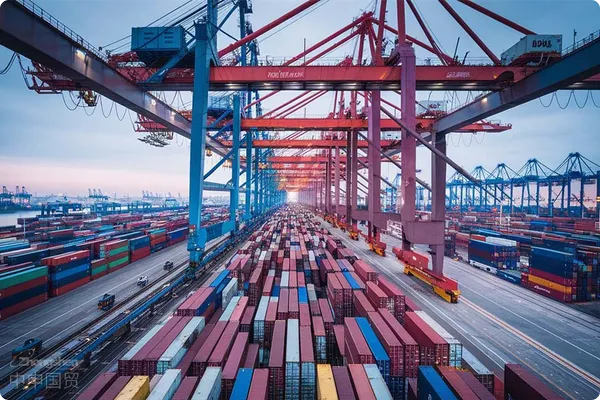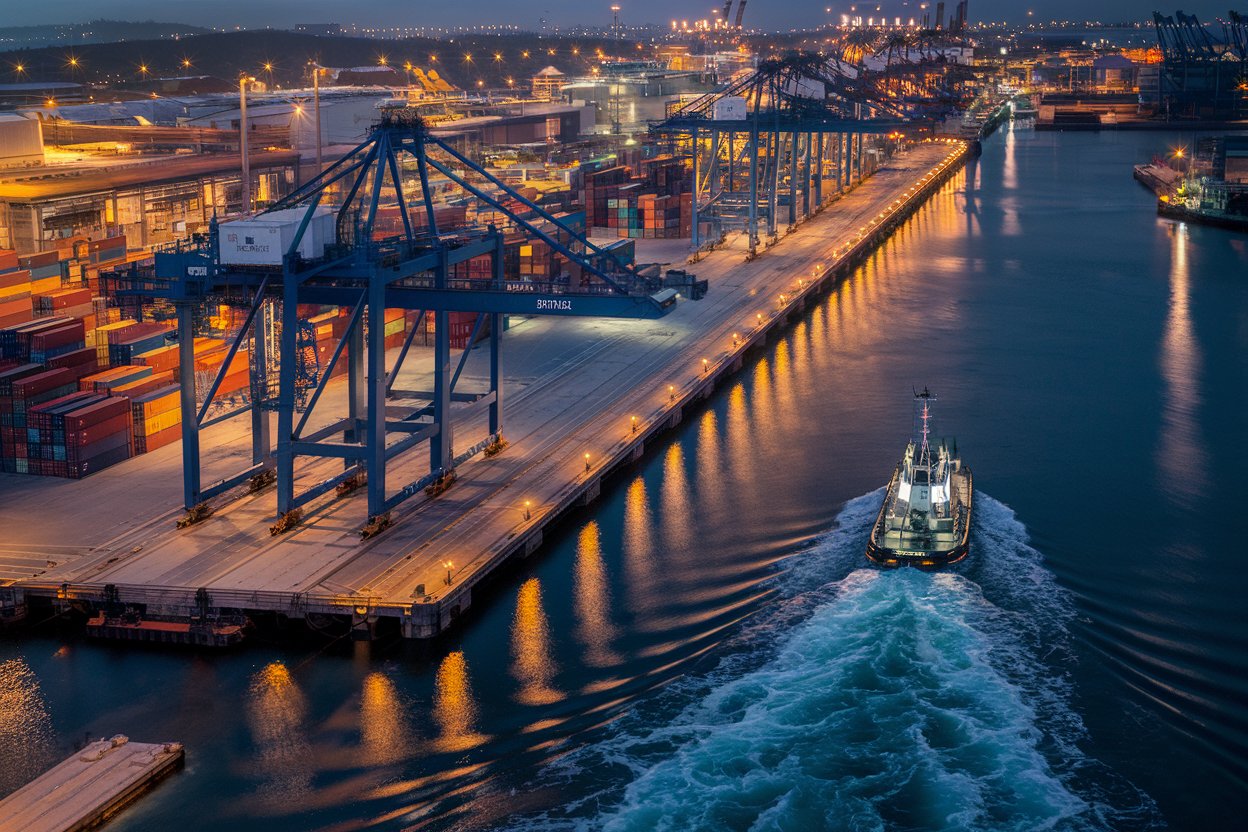- Shanghai Zhongshen International Trade Co., Ltd. - Two decades of trade agency expertise.
- Service Hotline: 139 1787 2118

The Essential Nature and Declaration Boundaries of Tax Reduction and Exemption Policies for Imported Equipment
According to the latest 2025 "Management Measures for the Confirmation of Domestic and Foreign Investment Projects Encouraged by the State," enterprises importing specific equipment can enjoy reductions or exemptions on tariffs and import value-added taxes. The policy coverage includes:
- Production equipment listed in the National Major Technical Equipment Catalog
- Research and development equipment for technology innovation enterprises
- Smart manufacturing equipment aligned with industrial upgrading trends
The declarant must meet all of the following conditions simultaneously:Project ComplianceandEquipment specificityDouble standards. The project compliance requirement mandates that enterprises hold a project confirmation letter issued by the provincial-level or higher Development and Reform Commission, while the equipment specificity necessitates the submission of a complete equipment usage description and supervision plan.
The Four-Dimensional Value System of Professional Agency Services
Compared to voluntary corporate declarations, professionalforeign tradeAgency institutions demonstrate significant advantages in duty reduction and exemption services:
- Accuracy of Policy Interpretation: Dynamically track policy updates from the General Administration of Customs to avoid declaration failures caused by misinterpretation of regulations.
- Completeness of Material Preparation: Establish a standardized documentation system to ensure that key documents such as technical parameters and usage instructions meet audit requirements.
- Customs clearance coordination efficiency:By leveraging the pre-classification system to confirm commodity codes in advance, port clearance time is reduced by over 30%.
- Follow-up regulatory safeguards: Establish an equipment usage ledger system to mitigate compliance risks during customs inspections.
A three-stage control model for end-to-end operations
- Pre - preparation Stage
- Project Compliance Verification (3-5 business days)
- Pre-review of Equipment Technical Parameters (including HS Code confirmation)
- Implementation stage of declaration
- Application for Tax Exemption Confirmation (Statutory processing time: 20 working days)
- Processing of Import Licenses (Involving3C(Special handling required for certified devices)
- Follow-up management phase
- Regular Reporting of Equipment Usage (Quarterly/Annual)
- Customs follow-up inspection response plan
Analysis of Common Decision-Making Pitfalls in Enterprises
In our service practice, we have identified three typical cognitive biases among enterprises:
- Misunderstanding of Policy Timeliness: In 2025, the catalog will add 35 new intelligent manufacturing equipment items, but some companies are still using the old version of the catalog.
- Misjudgment of declared costs:The demurrage and amendment fees incurred from self-declaration often exceed the agency service charges.
- Insufficient risk assessment: Cases involving failure to timely declare changes in equipment usage, resulting in tax arrears and administrative penalties, account for 23% of the total.
Triple Verification Criteria for Proxy Service Selection
It is recommended that enterprises evaluate the professional capabilities of agencies from the following dimensions:
- Policy update response speed: Whether to establish a dynamic tracking mechanism for customs regulations
- Case database scale: Number of successful cases in handling similar projects
- Customs System Maturity: Does it have the capability for direct electronic port data connectivity?
Related Recommendations
? 2025. All Rights Reserved. Shanghai ICP No. 2023007705-2  PSB Record: Shanghai No.31011502009912
PSB Record: Shanghai No.31011502009912










